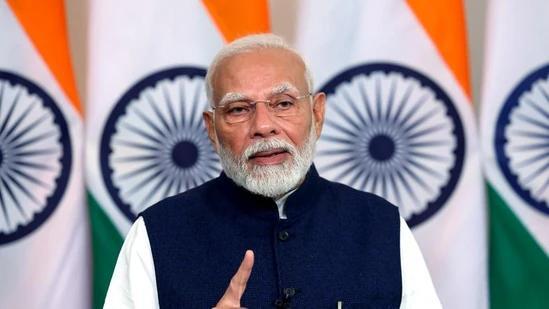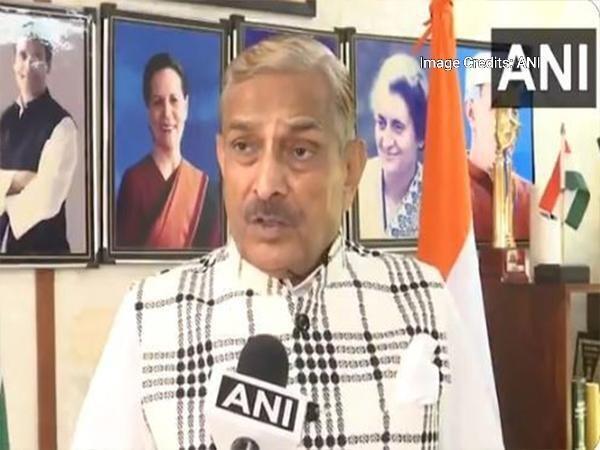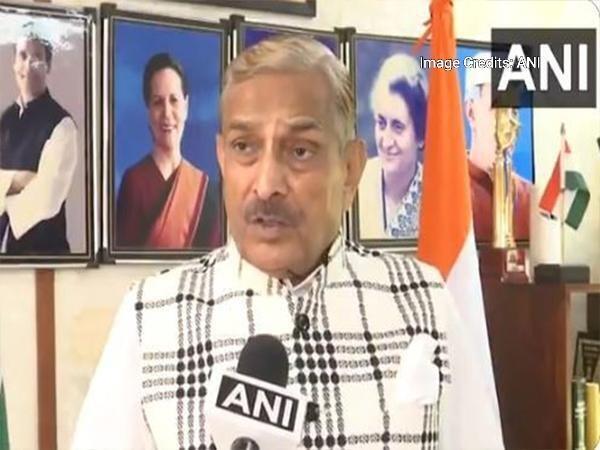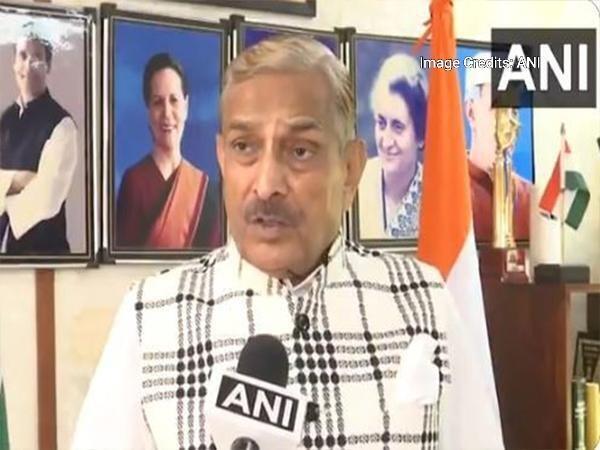
Waqf Act’s 2013 Amendments Done to Appease Muslim Extremists: PM
In a recent address at the Rising Bharat Summit 2025, Prime Minister Narendra Modi expressed his views on the Waqf Act’s 2013 amendments, stating that they were aimed at appeasing Muslim extremists and land mafia. The Prime Minister emphasized the need to protect the sacred spirit of Waqf and safeguard the rights of poor Muslims, women, and children.
The Waqf Act, 1995, is a law that governs the management of charitable endowments or “Waqf” properties, which are predominantly owned by Muslims. The Act aims to ensure the protection and preservation of these assets for the benefit of the Muslim community and the general public.
The 2013 amendments to the Waqf Act were introduced by the then UPA government, which many saw as a bid to appease Muslim extremist elements and the land mafia. The amendments allowed for the creation of a new Waqf council, which would have had the power to govern the Waqf properties and manage their assets. This move was seen as a threat to the autonomy of the existing Waqf boards and the rights of the Muslim community to manage their own endowments.
In his address at the Rising Bharat Summit, PM Modi criticized the 2013 amendments, saying that they were aimed at appeasing Muslim extremists and land mafia. He emphasized the need to protect the sacred spirit of Waqf and safeguard the rights of poor Muslims, women, and children.
“We had to correct the 2013 amendments, which were aimed at appeasing Muslim extremist elements and the land mafia,” PM Modi said. “Now, the sacred spirit of Waqf will be protected, and the rights of poor Muslims, women, and children will also be safeguarded.”
The Prime Minister’s statement comes as a welcome relief to many who have been critical of the 2013 amendments. The amendments were seen as a threat to the autonomy of the Waqf boards and the rights of the Muslim community to manage their own endowments.
The Waqf Act’s 2013 amendments were also criticized by many for being opaque and lacking transparency. The amendments allowed for the creation of a new Waqf council, which would have had the power to govern the Waqf properties and manage their assets. This move was seen as a threat to the autonomy of the existing Waqf boards and the rights of the Muslim community to manage their own endowments.
The Prime Minister’s statement on the Waqf Act’s 2013 amendments is a significant development, as it indicates the government’s commitment to protecting the sacred spirit of Waqf and safeguarding the rights of poor Muslims, women, and children.
In conclusion, the Prime Minister’s statement on the Waqf Act’s 2013 amendments is a welcome relief to many who have been critical of the amendments. The amendments were seen as a threat to the autonomy of the Waqf boards and the rights of the Muslim community to manage their own endowments. The Prime Minister’s commitment to protecting the sacred spirit of Waqf and safeguarding the rights of poor Muslims, women, and children is a significant development and a step in the right direction.





